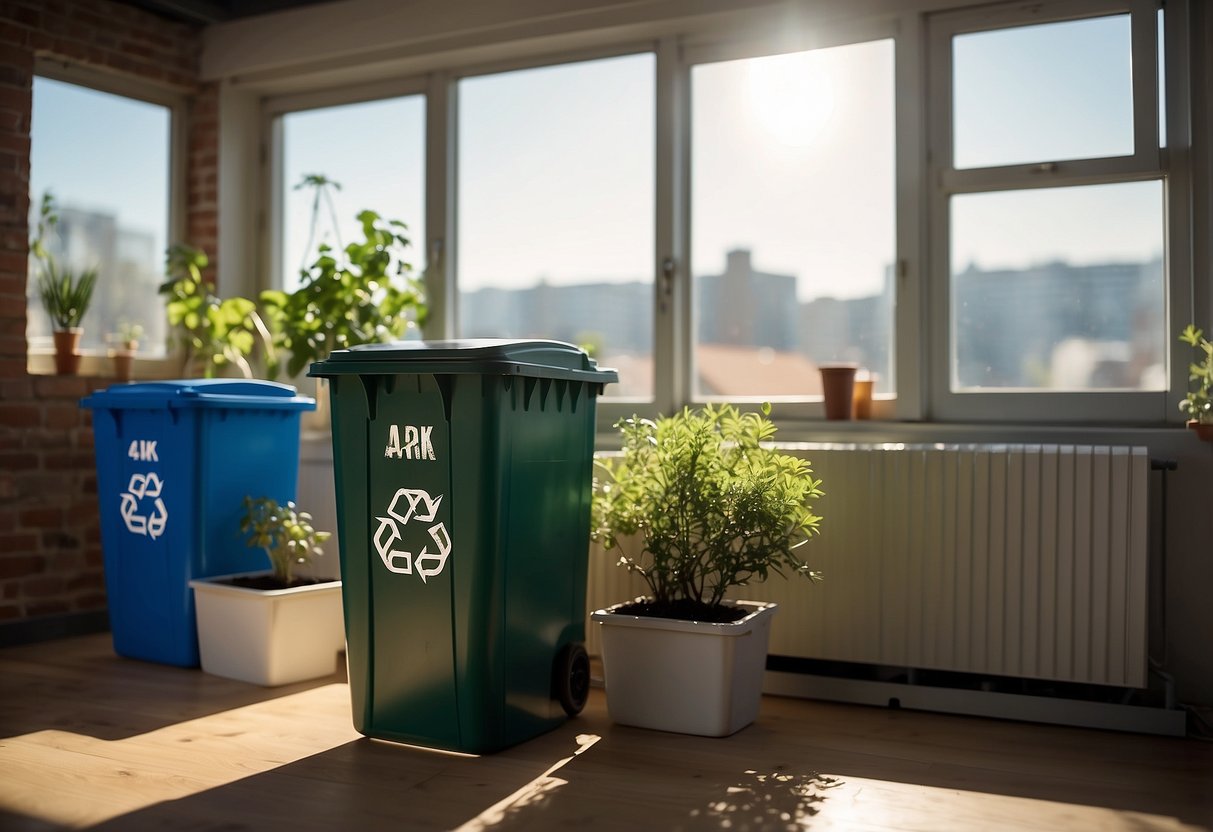
Organic and Local Foods
Choosing organic foods ensures that crops are grown without synthetic pesticides and fertilizers, which can harm ecosystems. Organic farming practices improve soil health and biodiversity. Additionally, purchasing local foods supports nearby farmers and reduces transportation emissions. Local foods are fresher and often more nutritious. By prioritizing organic and local options, individuals can support sustainable agricultural practices and foster a healthier planet.
Minimizing Food Waste
Food waste contributes significantly to greenhouse gas emissions when disposed of in landfills. Reducing food waste starts with mindful shopping to avoid over-purchasing. Proper storage of fruits, veggies, grains, and beans helps prolong their shelf life. Repurposing leftovers and composting organic waste are practical strategies. By minimizing food waste, individuals can conserve resources and lessen their environmental impact.
Reducing Water Usage

Effective water usage not only conserves a precious resource but can also lead to significant savings on utility bills. This section covers the importance of using efficient water heaters and fixtures and describes the benefits of saving water.
Efficient Water Heaters and Fixtures
Using an efficient water heater can dramatically reduce the amount of water wasted while waiting for it to heat up. Modern water heaters are designed to heat water quickly, ensuring that cold water is not run excessively. These heaters are often insulated, which helps maintain the water temperature longer and reduces the need for frequent heating cycles.
Fixtures like low-flow showerheads and faucets are pivotal in minimizing water usage. Low-flow showerheads can reduce the water flow rate to about 2 gallons per minute compared to the standard 2.5 gallons per minute. These fixtures do not compromise on water pressure, ensuring a pleasant showering experience.
Upgrading to water-efficient fixtures is a straightforward way to conserve water without making significant lifestyle changes. Homeowners can also consider installing dual-flush toilets that use different volumes of water for liquid and solid wastes, further reducing water consumption.
The Benefits of Saving Water
Saving water has numerous benefits, including environmental and financial advantages. Using less water reduces the strain on local water supplies and helps maintain balanced ecosystems. This conservation is especially crucial in areas prone to drought.
Financially, reducing water usage translates to lower utility bills. Efficient water heaters and low-flow fixtures help achieve these savings over time. The initial investment in these technologies often pays off within a few years through reduced utility costs.
Lowering water usage also reduces energy consumption, as less energy is needed to pump, heat, and treat water. This contributes to lower greenhouse gas emissions, supporting sustainable living practices.
By implementing these measures, individuals can make a significant impact on conserving one of our most essential natural resources.
Responsible Consumption and Waste
Responsible consumption is crucial in reducing our environmental impact. Focusing on choices such as minimizing waste, recycling, and buying mindfully can make a significant difference.
Avoiding Fast Fashion
Fast fashion has a considerable environmental footprint. Opting for clothing made from recycled materials can help. People can also choose higher-quality items that last longer. Thrift stores offer an excellent alternative to new purchases, allowing individuals to reuse existing items rather than contributing to new production. Additionally, supporting brands that prioritize sustainability and ethical practices is essential.